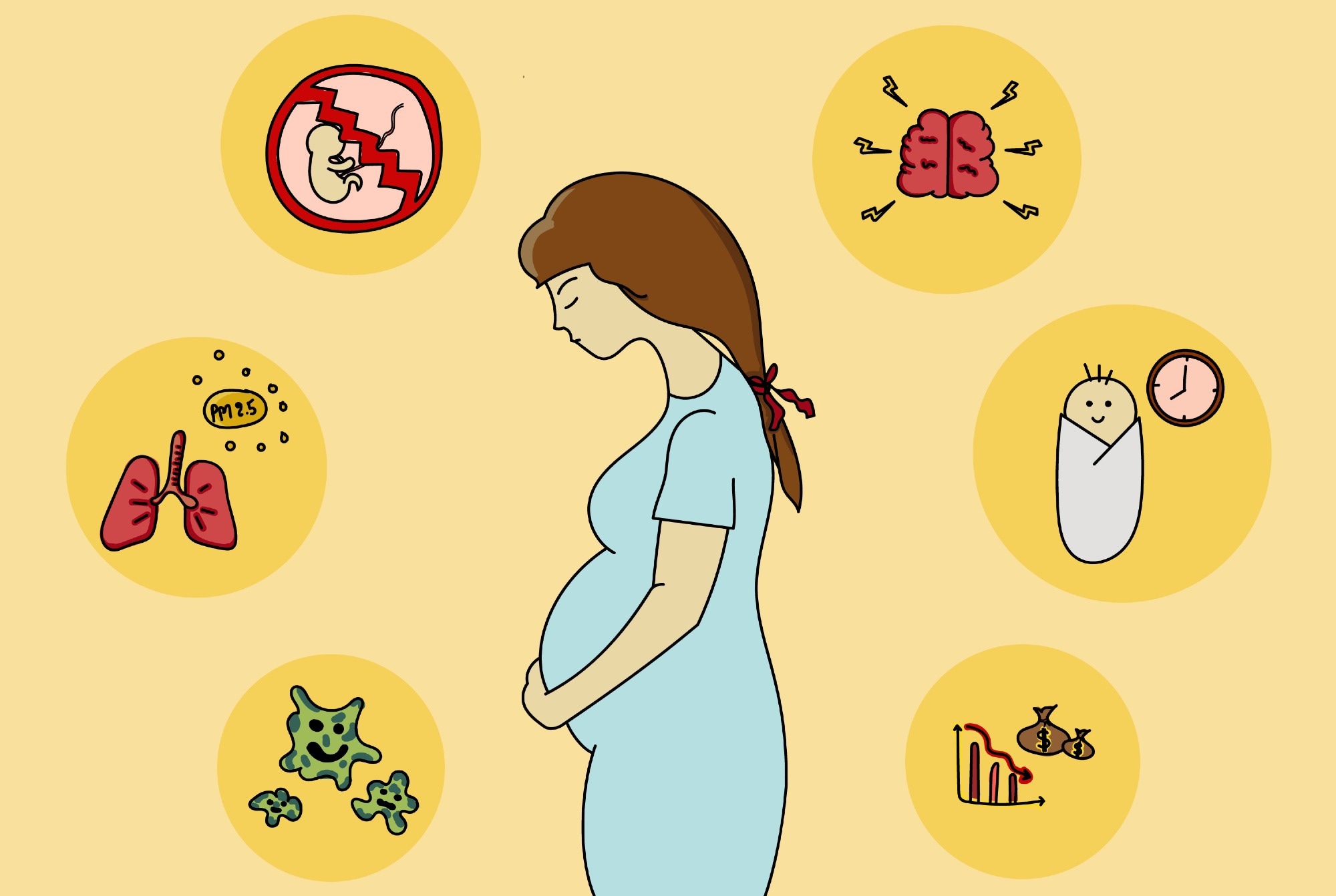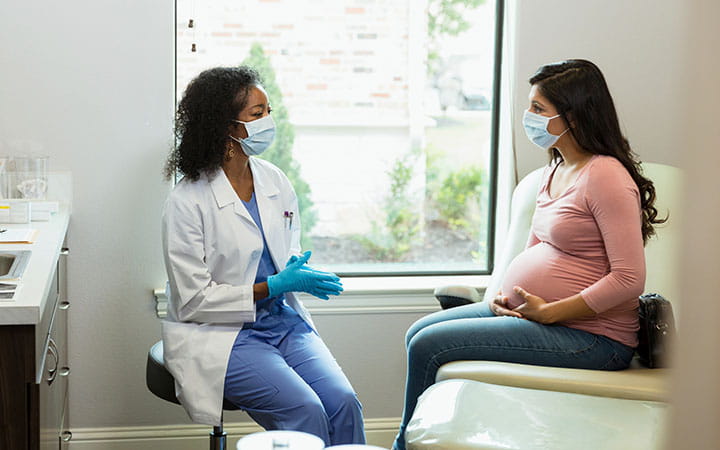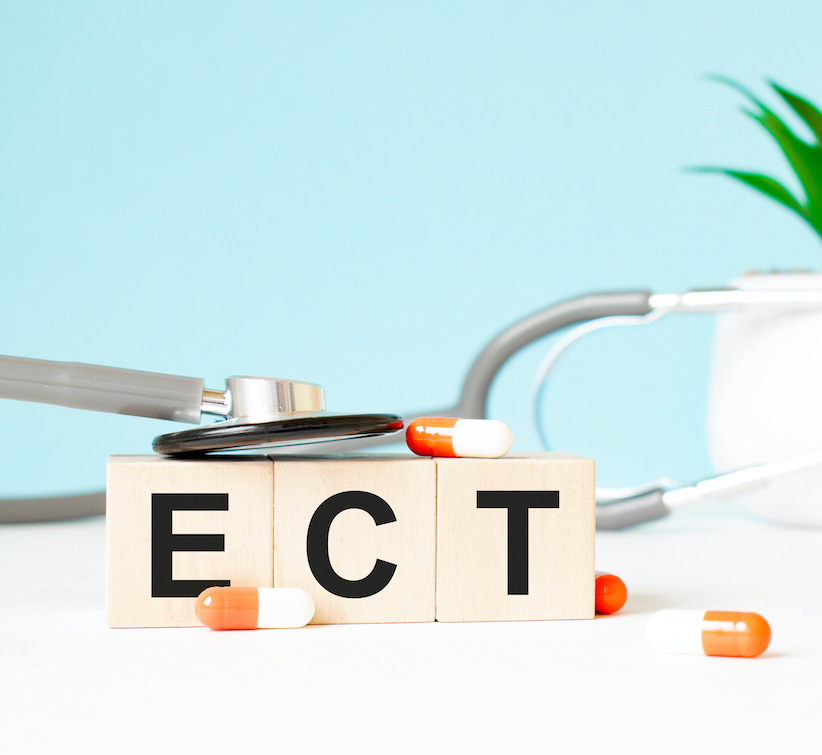Paying more attention to your baby's health and care after giving birth is a necessary task. But many are unaware of the warning signs and health problems that can threaten your life after childbirth. In this article, we hope to explain many things that you don't know about depression, which is a postpartum complication.
Having a baby is a time of great excitement, joy and sometimes unnecessary health anxiety for a woman. But for women suffering from depression, it can be a very difficult, unbearable situation. Postpartum depression is depression that occurs after childbirth.
But medical science recognizes that postpartum depression often begins during pregnancy. Therefore, some doctors prefer the term "peripartum depression" rather than the term "postpartum depression". Whichever term is used, this medical condition is a medical condition that adversely affects the mother and the child. 1 in 9 new mothers have postpartum depression.
After giving birth, many chemical changes take place in the woman's body. This includes a rapid drop in the female reproductive hormones estrogen and progesterone. During pregnancy, female reproductive hormone levels increase tenfold and after childbirth, they drop sharply. After 3 days of birth, these hormones decrease to pre-pregnancy levels. A similar condition can occur after childbirth, similar to a mental change that can occur due to the hormonal imbalance that occurs during menopause in a woman.
"In addition to biological and chemical changes, financial and social changes increase the risk of depression"
Post-pregnancy depression is a common problem. Commonly known as the "baby blues", up to 70% of new mothers experience it and it is a short-term condition. It does not interfere with daily activities and does not require medical treatment. Symptoms may include sadness, emptiness, crying for no reason, irritability, restlessness, and anxiety. These symptoms last a week or two and usually go away on their own without treatment. But for most women, baby blues go away in 3-5 days. If you feel sad, hopeless or empty for more than 2 weeks, you may be suffering from postpartum depression. About one in 10 mothers will develop a more severe and long-term depression (Postpartum depression).
Postpartum depression requires immediate treatment and almost always medication. Sometimes women are hospitalized because they are at risk of harming themselves or someone else; Especially for the child.
Recognizing the symptoms of postpartum depression can be difficult. But it is normal for many women to experience these symptoms after childbirth.
- Extreme fatigue
- Difficulty sleeping
- Changed appetite
- Decreased sexual desire
- Frequent mood swings
In addition to these symptoms, it is not uncommon for other symptoms of depression to appear after childbirth.
- Not being interested in your child or feeling like you don't bond with them
- Feeling like a bad mother
- Frequent crying, often for no reason
- Extreme anger and fainting
- Loss of happiness
- Feelings of worthlessness, hopelessness and helplessness
- Thoughts of death or suicide
- Thoughts of harming another person, especially a child
- Difficulty concentrating or making decisions
- Memory loss
- Loss of interest or pleasure in activities once enjoyed
- Difficulty falling asleep or staying asleep
- Loss of energy or increased fatigue
- Increased aimless physical activity (eg, inability to stand still, pacing, handwriting) or slow movements or speech [these actions must be severe enough to be observed by others]
- Withdrawal from friends and family
Seeing a child in this world should not be a feeling of despair or emptiness for a woman and is not a regular or expected part of being a mother. So getting treatment is important for both mother and baby. It can be treated with medication and counseling.
- If you have been experiencing some of the above symptoms for more than two weeks
- If you have suicidal thoughts or thoughts of harming your child
- If your depression is getting worse
- If you have problems in your daily work or taking care of your child
If so, you should see your doctor.
It's not your fault if you have postpartum depression. It happens for many reasons and the cause may vary from person to person. The following have been identified as causes and risk factors that may increase the possibility of postpartum depression.
- History of mental disorders before pregnancy or during pregnancy
- Family history of mental disorders
- Age during pregnancy (the younger the mother, the more likely)
- Ambiguity about pregnancy
- Current number of children (the more children you have, the more likely you are to develop depression in later pregnancies)
- Having problems with a previous pregnancy or childbirth
- Experiencing an extremely stressful event, such as a job loss or health crisis
- Having money problems
- Difficulty breastfeeding
- Facing an unplanned or unwanted pregnancy
- Having a child with special needs or health problems
- Having twins or triplets
- Lack of support from family and friends
- living alone
- Marital conflict
- Addiction to alcohol or drugs, use of illegal drugs
Postpartum psychosis is a very serious mental illness that affects new mothers. This can also be considered as an acute case of postpartum depression. In most cases, the disease can occur quickly in the first 3 months after childbirth. About 1 in 1000 mothers suffer from postpartum depression. This is a more serious condition.
As specific symptoms
- Hearing things that aren't there- hearing things that aren't actually happening, like a person talking)
- Delusion (strong belief in the irrational)
- Visual hallucinations (seeing things that aren't there)
- Rapid mood swings (for example, crying hysterically within minutes, then laughing a lot, and then feeling sad again)
Other symptoms include insomnia, feeling agitated and angry, trying to harm yourself or your baby, restlessness, and strange feelings and behaviors.
Strong support from family and friends is very important to overcome this situation. Especially the love and kindness of one's master is a very necessary moment.
How partners, family and friends can help
Know the signs. Recognize the symptoms of depression and anxiety and encourage her to see a qualified doctor if you notice the symptoms.
Listen to her. Let her know you want to hear her problems. For example, “I see that you have trouble sleeping even when the baby is sleeping. What is on your mind?”
Support her. Let her know that she is not alone and that you are here to help her. Always convince them that they have help in household chores and taking care of the child.
Encourage her to seek medical help if needed. Refer her to a qualified psychiatrist or psychotherapist. Give her the space to resolve her issues and problems
There are common treatments for postpartum depression. All these treatments can be used alone or in combination.
Psychotherapy – You talk to a psychiatrist, psychiatrist or social worker to learn strategies for changing how depression affects your thinking, feeling and daily activities.
Medications – There are different types of medications for post-traumatic stress disorder. Each of them should be prescribed only by your doctor. Antidepressants are the most common type. These drugs help relieve symptoms of depression and can be taken even while breastfeeding.
Always talk to your doctor, pharmacist or nurse about the benefits and risks of taking medicines to treat depression during pregnancy or breastfeeding.
Electroconvulsive therapy (ECT) – This can be used in extreme cases of postpartum depression.
Being depressed can naturally have an adverse effect on your baby. So getting treatment is important for you and your baby. Taking medication or seeking treatment for depression does not make you a bad mother or a failure. It is more important to resolve your mental disorders quickly to lead a good family life.






